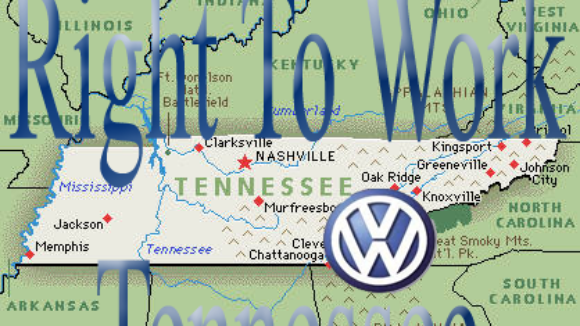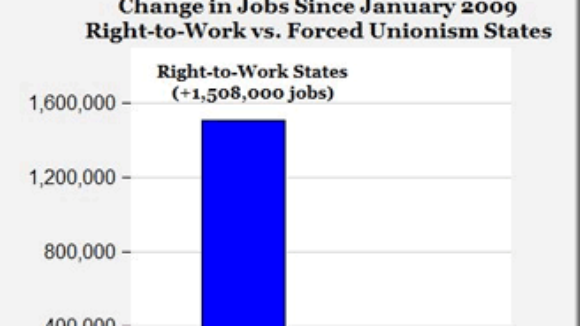'Workers Should Be Given All the Facts Before the Election So That They Can Make an Informed Choice'
It was more than 70 years ago that Justice Robert Jackson famously declared, in his U.S. Supreme Court majority opinion resolving West Virginia State Board of Education v. Barnette, that free speech and other core constitutional rights of the individual…



